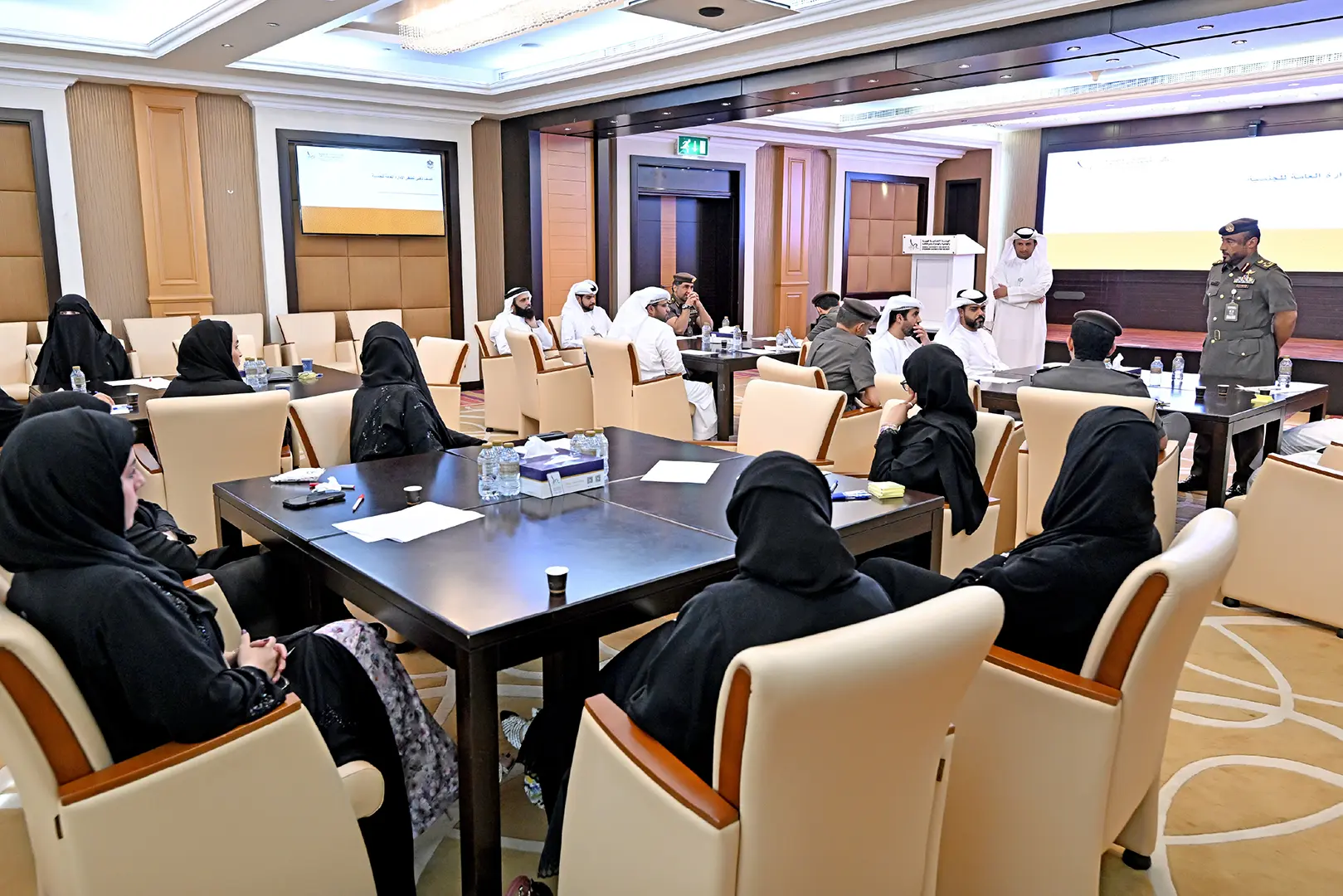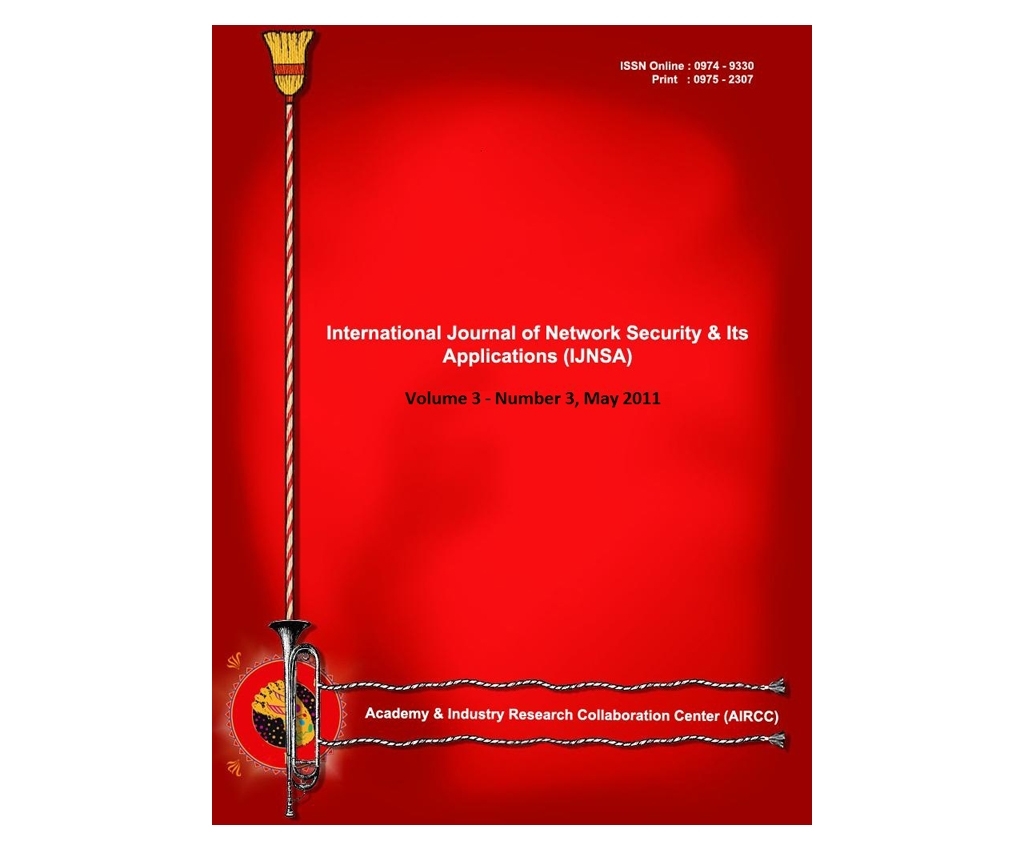The Emirates Identity Authority has published a new research titled “Technologies of Digital Certificates and Electronic Coding in Government ID Systems” in the last edition of the scientific periodical “International Journal of Security and Its Applications”.
The research, prepared by H.E. Dr. Eng. Ali Mohamed Al Khouri, Emirates ID Director General, reviews the digital ID project, which is being implemented by the Emirates Identity Authority. It also explains the operating model for carrying out this huge project, which is the backbone and infrastructure for the eGovernment initiatives and projects in the UAE and a major theme of eServices and eCommerce in the public and private sectors.
The researcher clarifies that despite the substantial complexity and risks involved in carrying out projects on the technologies of digital certificates and electronic coding, these technologies have received a great response from practicers and researchers alike as they are a decisive element for providing the highest levels of security in online transactions. The applications of these technologies, however, are still limited to the eGovernment fields as compared with the broader spread of parts of these technologies in the private sector.
The researcher believes that the adoption by the governments of the countries of the world of these technologies will add an extra dimension to how far they are accepted in societies and will help them be more trusted, particularly that the entity concerned with issuing digital certificates and linking them with the identities of individuals belongs to the government sector.
The Emirates Identity Authority’s new scientific research also reviews a number of erroneous concepts about how to carry out projects on digital certificates and electronic coding keys in the countries of the world, demonstrating the general framework that the UAE has used for carrying out the project by linking it with the population register system.
The research concludes that linking these technologies with the biometric ID management systems will play a more effective role in boosting the security system related to recognizing identities on digital networks as they offer more advanced security features such as the recognition of password, fingerprint, digital certificates, electronic coding, digital signature etc.
It also concludes that in order for eGovernment to be mature and reach advanced stages, diligent efforts should be exerted by practicers and researchers, particularly with respect to supporting the development of the horizontal and vertical linkages among the government systems in the UAE and the need by the governments to get prepared to devise programs for developing their societies to deal with the demands of digital societies.
It is worthwhile that the Emirates Identity Authority has been preparing and publishing many scientific compilations, researches and studies in the field of project management, eGovernment, electronic recognition systems and ID card projects with the aim of exchanging knowledge and improving the understanding of government practices in this field.
Latest Posts

ICP Discusses the “Single Point” Passenger Project with a Bahraini Delegation

ICP Participates in the World Governments Summit 2026 with a High-Level Delegation

The Director General of ICP Discusses the Development of Digital Services with Senior Officials

ICP Exchanges Governance Best Practices with the National Center of Meteorology

General Directorate of Nationality Discusses Work System and Staff Forum






 German
German Portuguese
Portuguese French
French Russian
Russian Chinese
Chinese
Rate your experience